Even if it’s your first audit, they are never a surprise. It’s likely your investors, board audit committee, or long-term strategic plan will dictate the timing of the first audit. Once the firm as gone through an audit, it won’t be the last, annual audits will be part of the finance department’s life.
With that being the case, plan for success. You’ll have 30-45 days post the annual close to make sure all the data needed for audit is ready and available. If you’ve done it before, you should have detailed records on what the auditor asked for last year.
The audit plan ideally should start at the end of prior year’s audit, with a post-mortem both internally and externally with the auditor. With your team identify process improvements to ensure they deliver the right data faster next year. With the auditor, the post-mortem helps strengthen the relationship and gives them an opportunity to let you know what you can do better next year.
In your plan, you need to outline all the reports, schedules and datasets that will be needed for the audit and then understand the timing of those deliverables. Your team should know where they are on data collection as your audit date gets closer. Don’t wait until after close to prepare for the audit.



